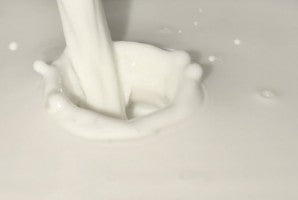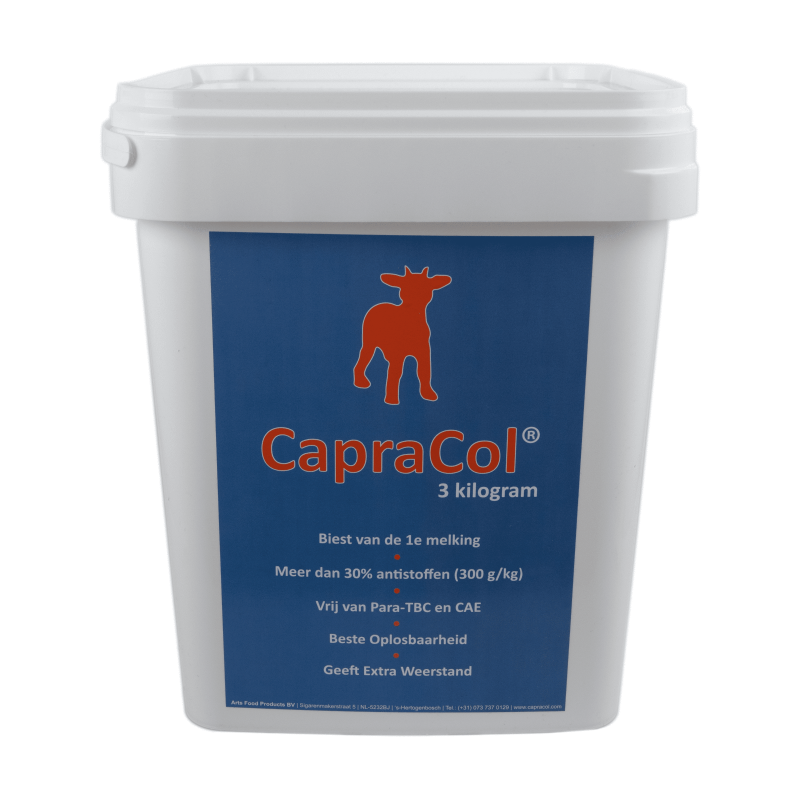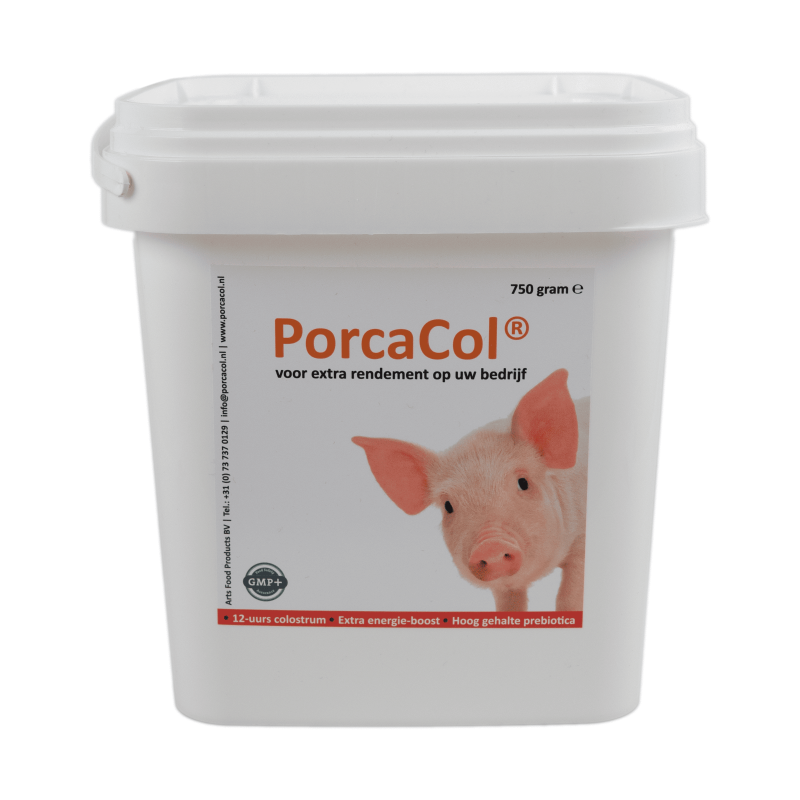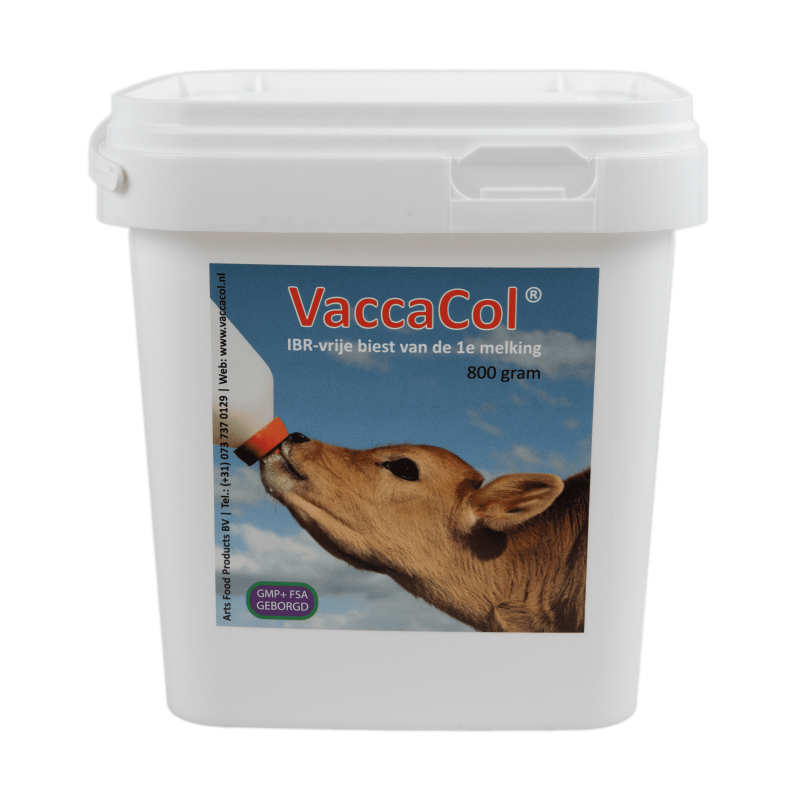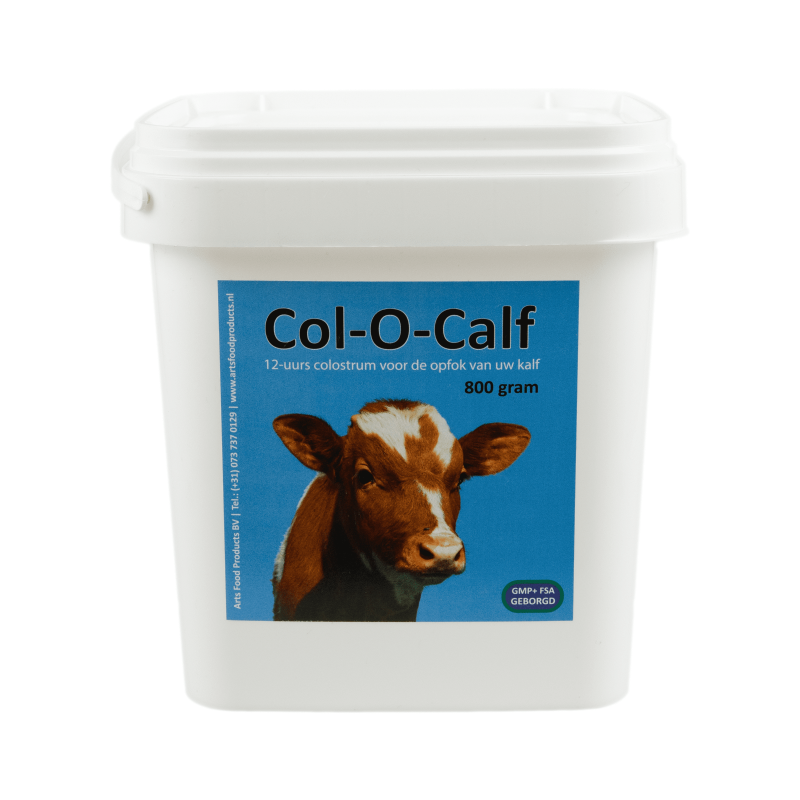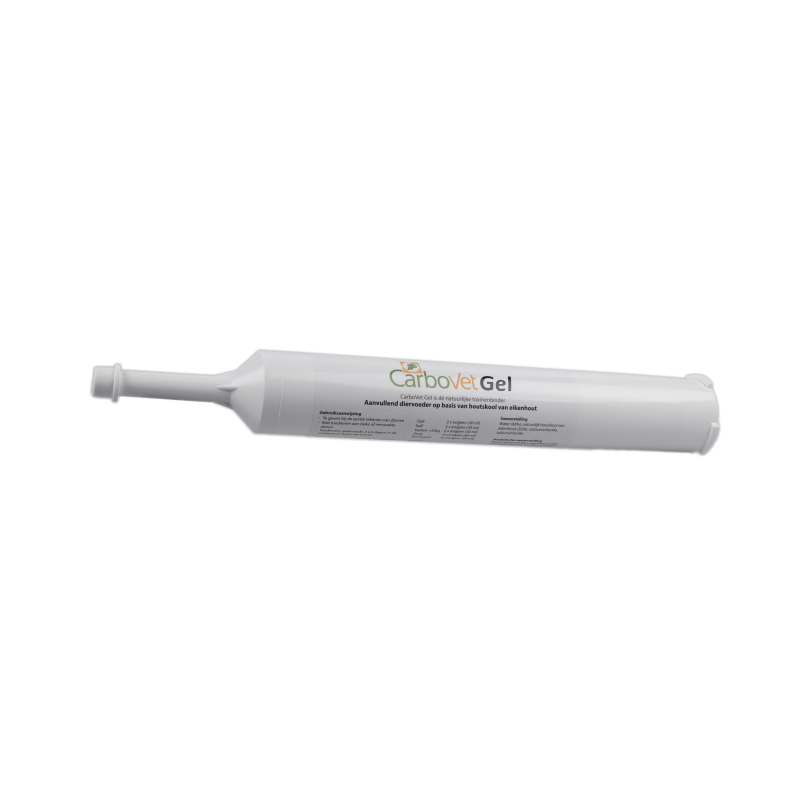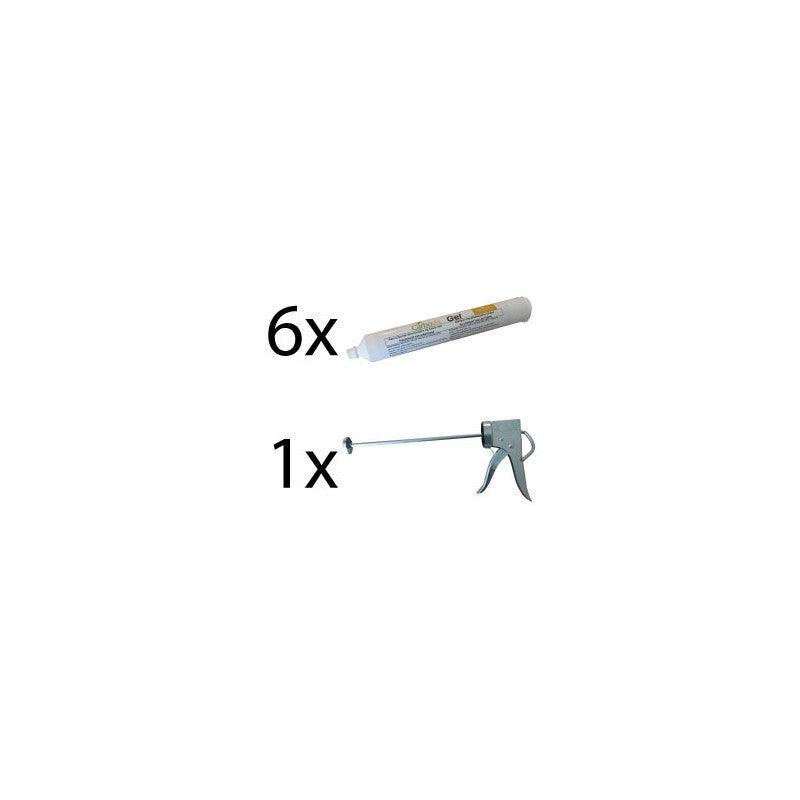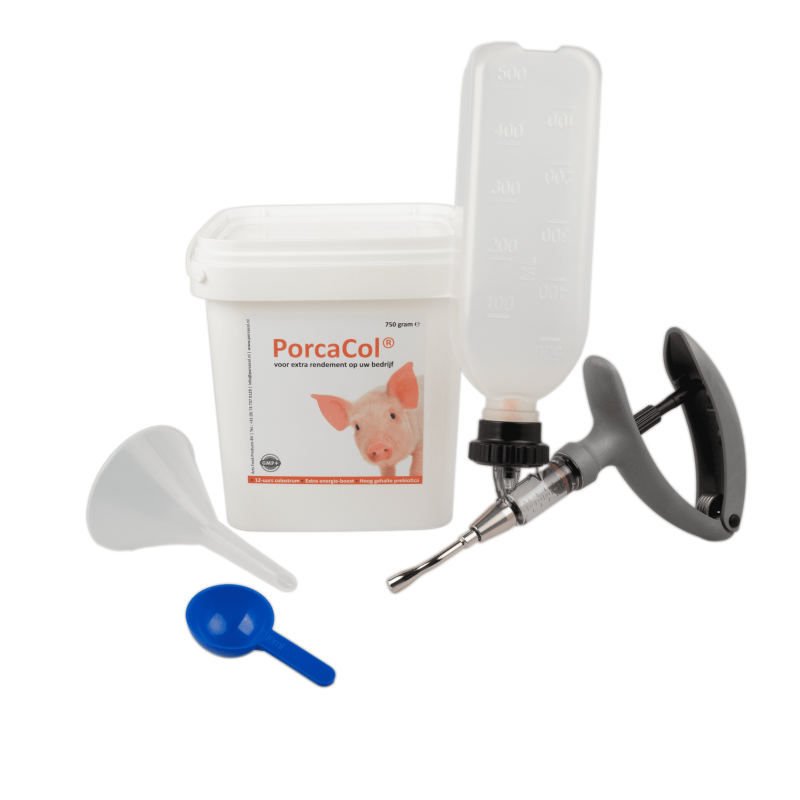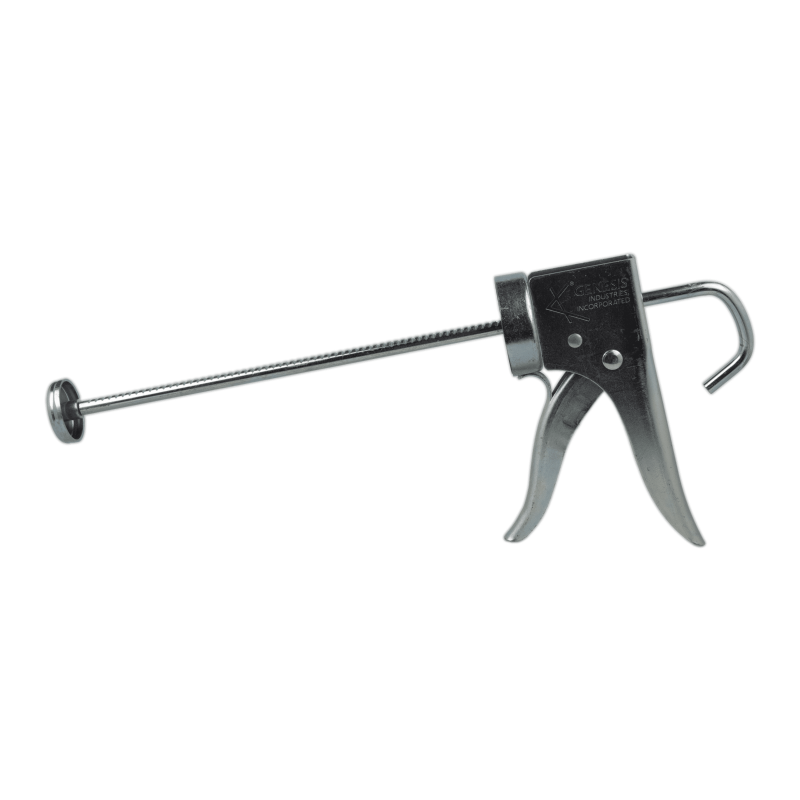When a calf is born, it does not receive any antibodies from the dam. Similarly, foals, lambs (both sheep and goats), and piglets also do not receive antibodies from the dam. In these animals, there is no transfer of immunoglobulins from the mother's blood, through the placenta, to the fetus.
This is why calves also need to receive high-quality colostrum within 6 hours of birth. The amount of colostrum needed is approximately 10% of the body weight. For a calf weighing 40 kg, this means the calf should receive at least 4 liters of colostrum within 6 hours of birth. The protein and immunoglobulin content should be as high as possible.
VaccaCol® does not contain antibodies against IBR (Infectious Bovine Rhinotracheitis). It is spray-dried 12-hour colostrum and contains the highest amount of antibodies and proteins.
A quantity of 100 grams of VaccaCol® is equivalent to approximately 500 ml of 12-hour colostrum. Therefore, a calf with a birth weight of 40 kg should receive 1600 grams of VaccaCol® powder if the dam's colostrum is not available.
VaccaCol® is also very suitable for supplementing and improving the quality of the dam's colostrum. Supplement the dam's colostrum with VaccaCol® powder until the immunoglobulin content is greater than 30%.
Another important factor is hygiene. Wear clean shoes or boots, ensure a clean overall, and most importantly, wash your hands before caring for the calf.
